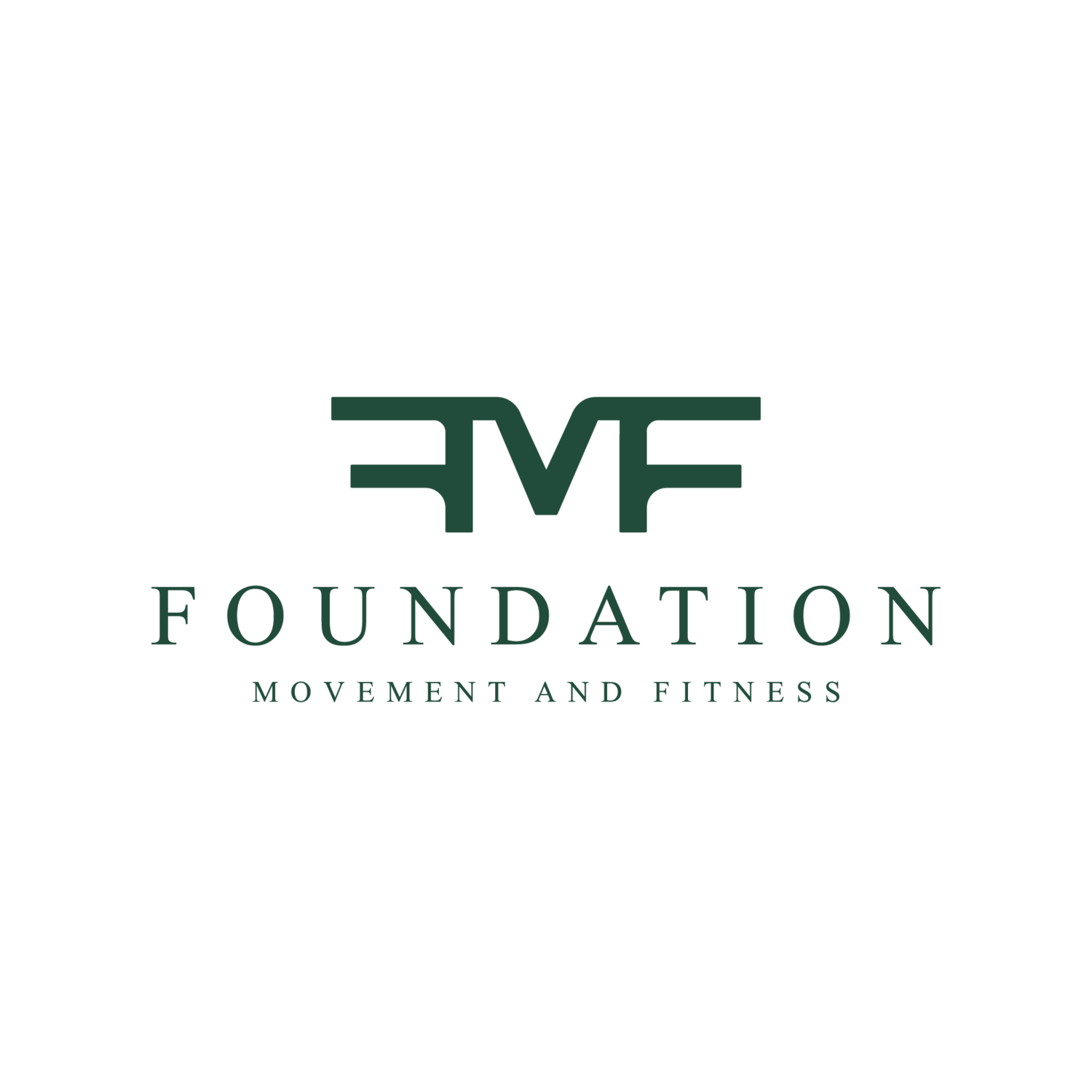In today’s blog I want to talk about some basics of mental health/mental illnesses and how it relates to physical health/ physical illnesses. In the next few blogs I will dive into some niche mental health topics so this one will be helpful as some background.
These days, talking openly about mental health is less stigmatized than it used to be but there is still a ways to go before it’s fully socially accepted. When we break an arm or sprain an ankle we have no problem openly stating our diagnosis and/or treatment plan to people in our lives. Hopefully, one day mental health will be the same
It’s OKAY to talk about mental illnesses. It’s ok to talk about your own if you feel safe to do so but it is also ok to keep it to yourself! The more we normalize talking about things the easier it gets for others to feel comfortable seeking treatment in the forms of therapy, psychiatry, etc. and that’s amazing! Hearing others talk about things you can relate to can be very healing.
So let’s get into a few factors:
Conversations
Some people feel really comfortable in conversations around mental health but it can be challenging to know what to say.
Let’s talk about some things to keep in mind.
The most important thing to remember when having conversation around mental illness is to be respectful and sensitive.
It’s also important to actively listen, validate the experiences of others and supportively encourage anyone who needs professional help to seek it.
If these conversations feel overwhelming for you, that is ok! Just try your best and make sure that in the end the person knows you are there for them.
Diagnosis/Verbiage
Let’s go over two really common diagnoses today: depression and anxiety. The words depression and anxiety are tossed around a lot. It seems like they have really helped open this line of conversation and that’s great but it’s important to learn the distinction between situational anxiety or depression and clinical anxiety and depression. Overusing these words can be detrimental and can cause them to lose their true value.
It is normal to experience depression in response to a hard life event such as a big loss or change. It is also normal to experience anxiety when you’re about to take an exam or you’re going on a first date or trying a new skill. These would both be examples of situational issues as they are normal responses to a more isolated incident. Clinical depression and anxiety are much different in that they are irrational/chronic and are not in response to a life event and often require significant intervention.
It’s important when talking about mental health to not self-diagnose. Oftentimes we can empathize or identify with some of the emotions and feelings of people with clinical depression or anxiety and may feel like perhaps we have it too. It’s important to seek professional help to get a correct diagnosis.
In a conversation about mental health it’s important that we are aware of how our words affect the conversation at large as well as just those we’re immediately speaking to. Misusing terminology can be really damaging to the community. If you don’t have depression but are feeling down, consider using some different adjectives to describe your feelings such as sad, disappointed, defeated, exhausted, etc.
Medication/Treatment
Another area of stigma to break down in the mental health conversation is around medication for mental illness. Taking medication for mental illness is very normal and completely ok. No one should ever feel ashamed for that.
Oftentimes people who do not understand depression or anxiety will tell someone struggling with depression to make simple lifestyle changes to feel better. These things are often around sleeping, eating better, and exercising. Movement can be such an important aspect in the treatment of mental illness. Daily movement has been found to have a tremendous impact on mental illnesses. However, there are still thousands of people suffering with mental illnesses who try all the lifestyle changes including daily movement and still feel no relief. It’s totally ok for this person to take medication to manage their illness just as it’s totally ok for a person who isn’t adding in lifestyle changes to take medication. Nobody should feel less than for taking psychiatric medication and trying to live a happy life.
So what impact do medication and movement have on mental health? Movement can be great! It can truly be so healing. There is no one perfect movement practice for mental illnesses. That is the cool part. People can choose anything that works well for them on an individual level and that could look super different from someone else's'.
I want to share with you a few exercises we do at FMF that are really great for opening up and tightness in the upper and lower body as well as getting some nice hip hinging.
Try these three exercises
Golfer Picker, Super Frog, and Puppy Pose
